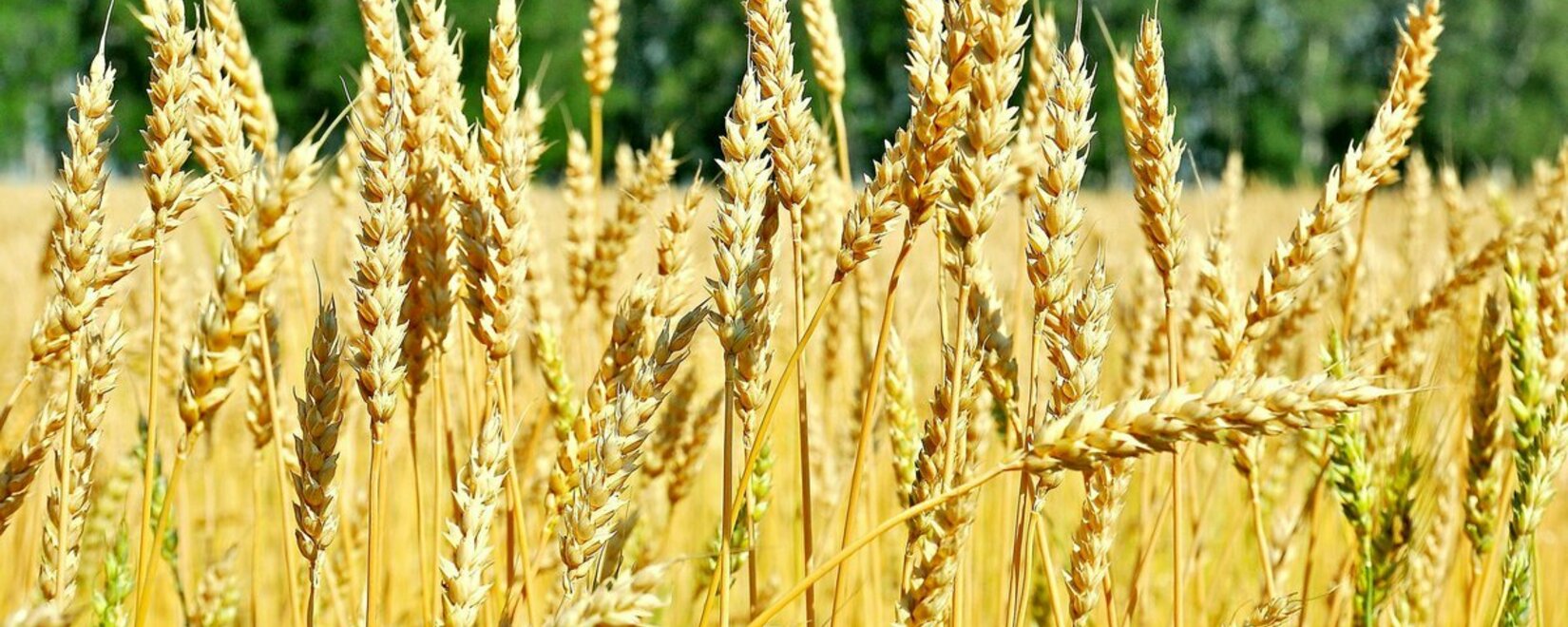The decision to allow grain imports from Ukraine was made by the Bulgarian Parliament after a three-hour debate. 124 deputies voted for the lifting of the ban, 67 were against, and 8 abstained.
The initiative to allow the import of Ukrainian grain was supported by the Bulgarian government. Prime Minister Nikolai Denkov said the decision would help lower prices for basic food products and reduce inflation.
However, earlier the Minister of Agriculture and Food Kiril Vytev spoke out against the resumption of imports. He noted that this would harm Bulgarian grain producers and lead to mass protests, since they would not be able to compete with cheaper Ukrainian goods. However, at a hearing in parliament, the minister said that he would comply with any decision of the deputies. He also noted that Ukraine does not meet strict EU requirements for the production of agricultural products, but Bulgaria will strengthen control over all Ukrainian goods, including testing for radioactivity and the presence of heavy metals.
In April, Bulgaria, Hungary, Poland, Romania and Slovakia introduced a ban on the import of grain and other agricultural products from Ukraine. They later canceled these measures after the European Commission decided to impose an embargo on the supply of four types of grains and oilseeds from Ukraine until June 5, and then until September 15. These crop types include wheat, corn, canola and sunflower seeds.

 Trading platform
Trading platform 
 Monitoring
Monitoring  Express applications
Express applications 
 Fork Work
Fork Work 
 Service
Service  News
News  Directory
Directory 
